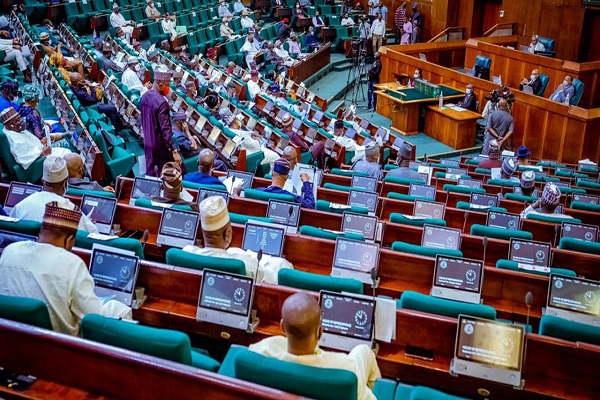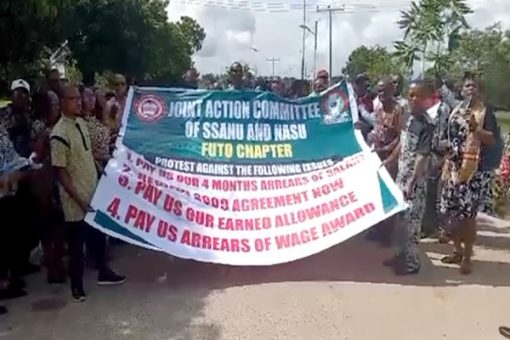The House of Representatives Committee on Petroleum Resources (Midstream) will convene this Thursday to deliberate on the controversial state of Nigeria’s four ailing state-owned refineries amid mounting public outrage and conflicting government signals.
The refineries—two in Port Harcourt, one each in Kaduna and Warri—have long been mired in underperformance despite gulping billions in turnaround maintenance. Now, questions are intensifying over their future after Dangote Group President, Aliko Dangote, recently declared that the refineries “may never work again”, casting doubt on earlier claims by former NNPC boss Mele Kyari that the Port Harcourt facility had resumed operations.
This prompted Henry Okojie, Chairman of the House Committee, to declare an urgent investigation into the matter—especially after current NNPC GCEO Bayo Ojulari hinted that selling the refineries might be inevitable due to their outdated technology and poor competitiveness in today’s global oil market.
Speaking to PUNCH Online, Okojie emphasized the committee’s commitment to national interest, saying:
“If $18 billion truly went into turnaround maintenance, why are the refineries not working? If selling them is a better option, we’ll find out. But we will only decide after a thorough investigation.”
He also clarified that no official decision has been made to sell the refineries, pushing back against opposition claims that the government had secretly approved asset sales. Referring to Ojulari’s remarks, he said they were personal assessments, not Federal Government policy.
“It’s not yet time for politics. Let’s avoid heating up the polity unnecessarily. President Tinubu has not said the refineries will be sold,” Okojie stated, while urging Nigerians to be patient.
He added that the Tinubu administration had already shown its commitment to reform through initiatives like tax restructuring and that it would make the right call on the refineries based on expert input and national interest.
“We in the parliament will do our part to help Mr President fulfill the Renewed Hope Agenda,” he concluded.
With Thursday’s committee meeting looming, Nigerians await answers—and accountability—on what many now see as the most expensive failed investment in Nigeria’s oil history.




